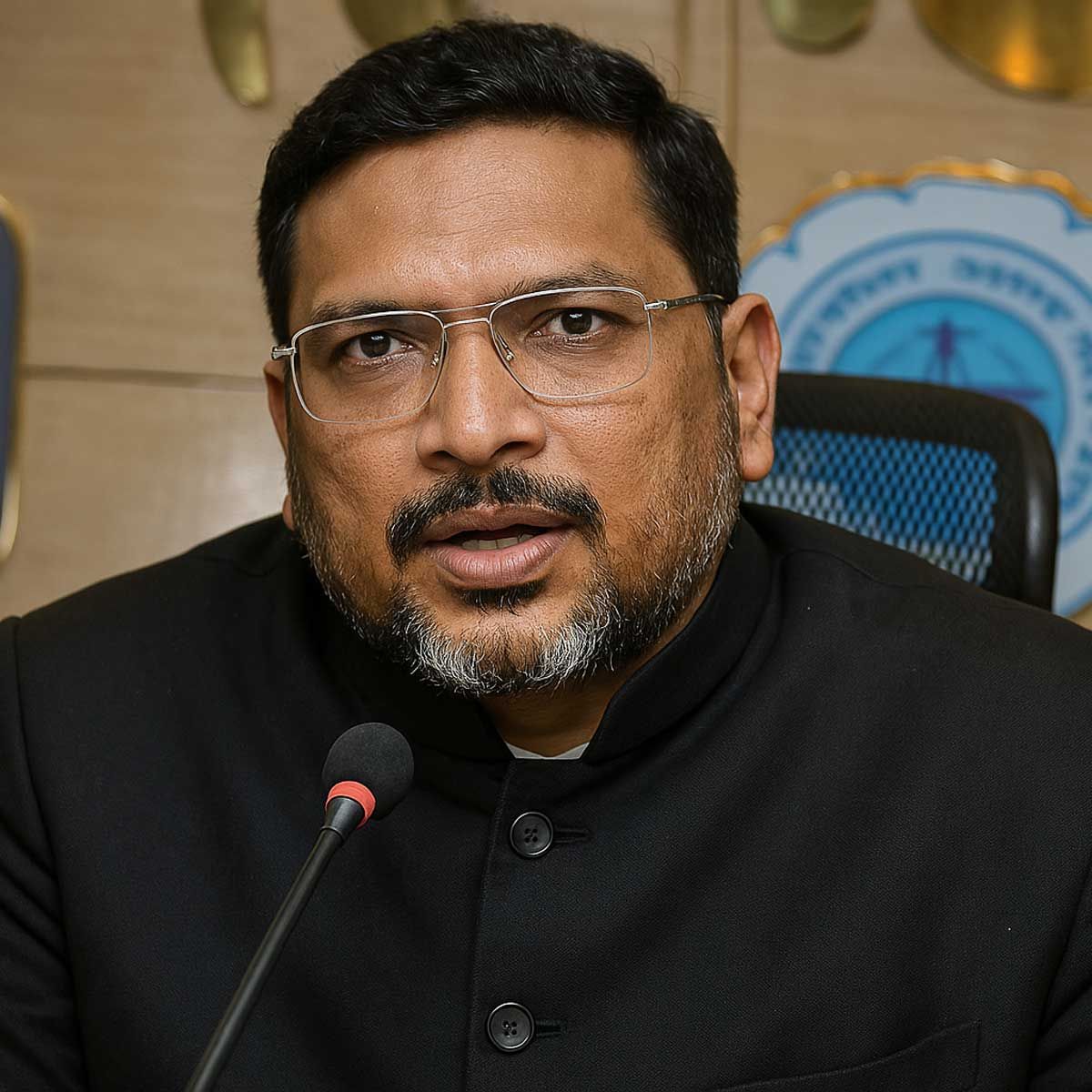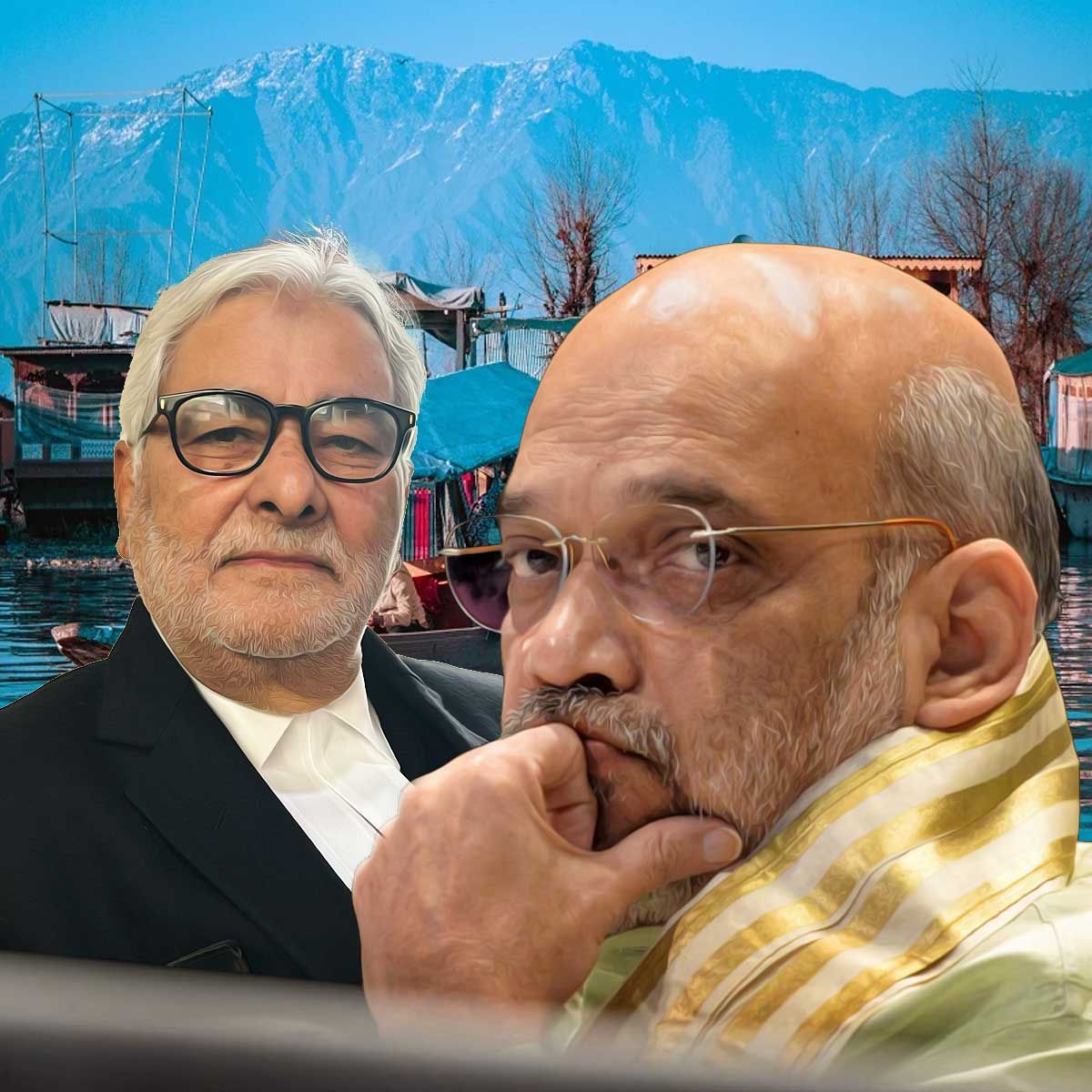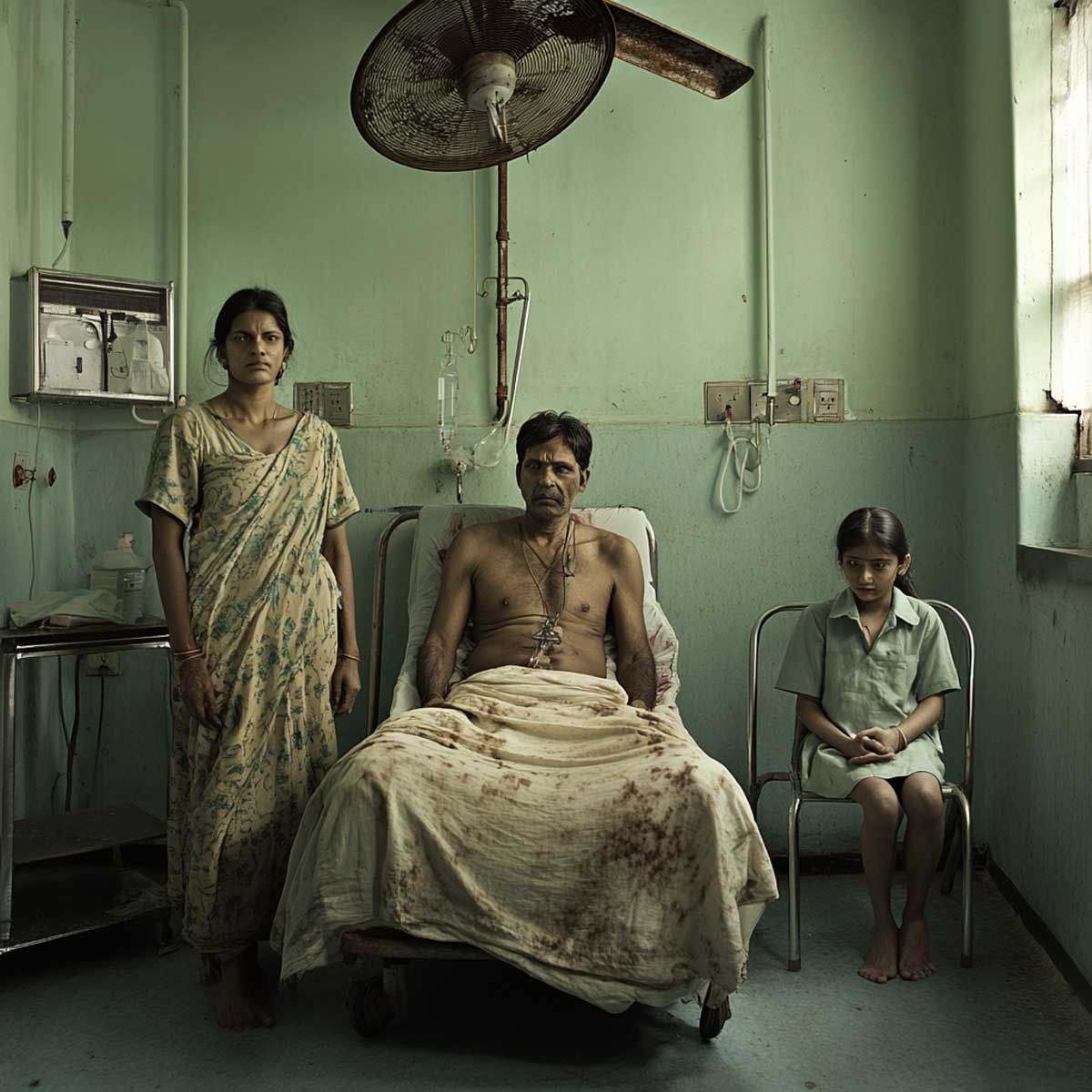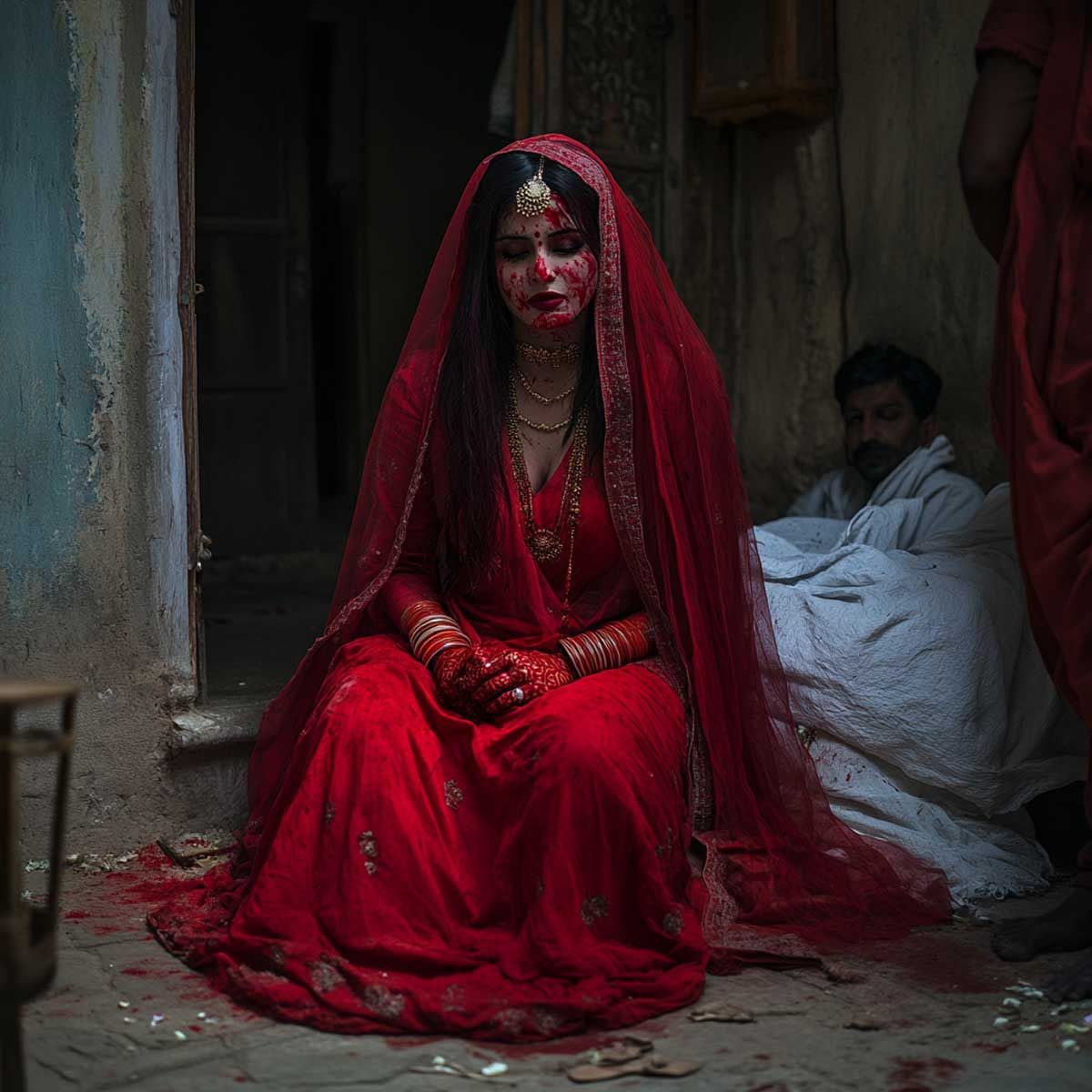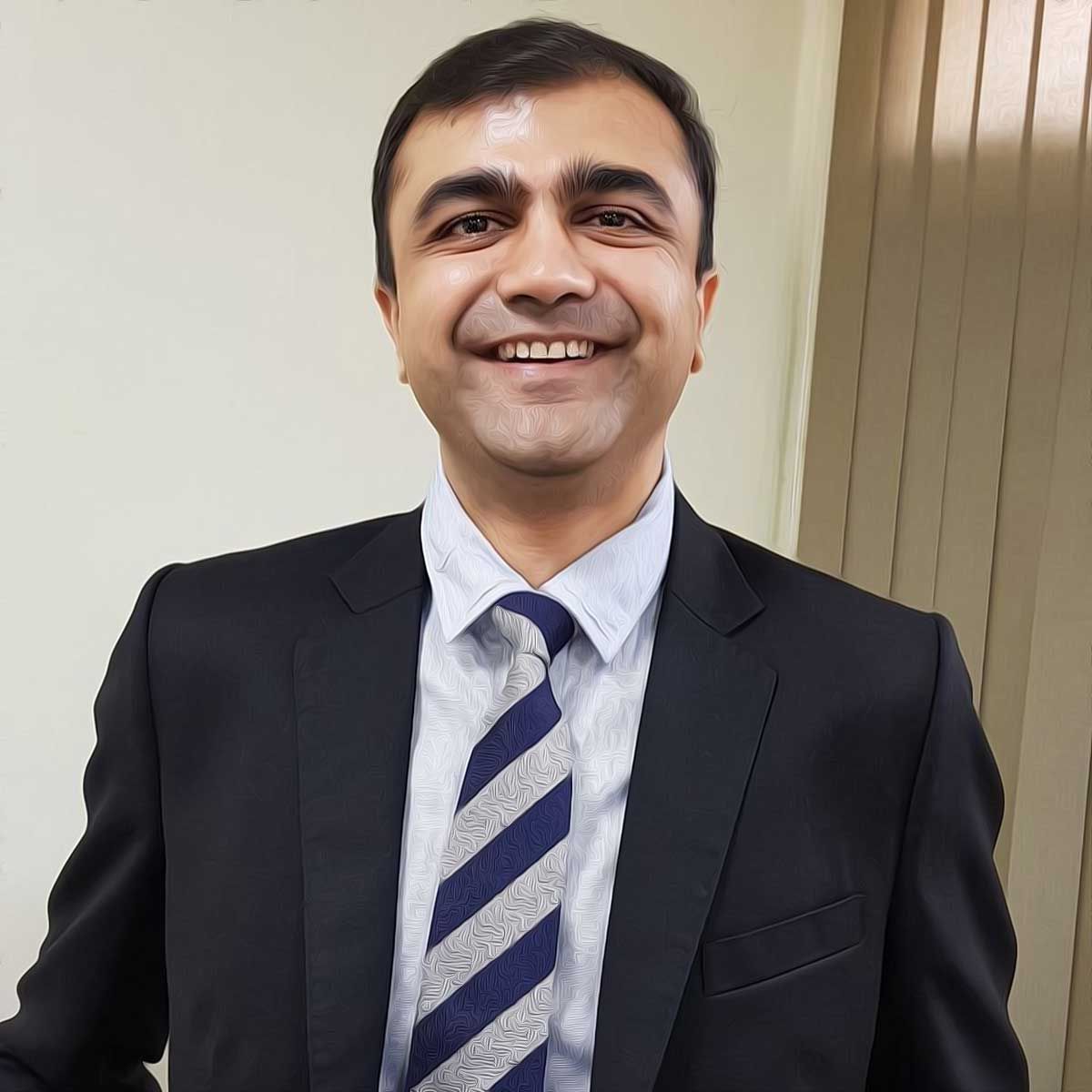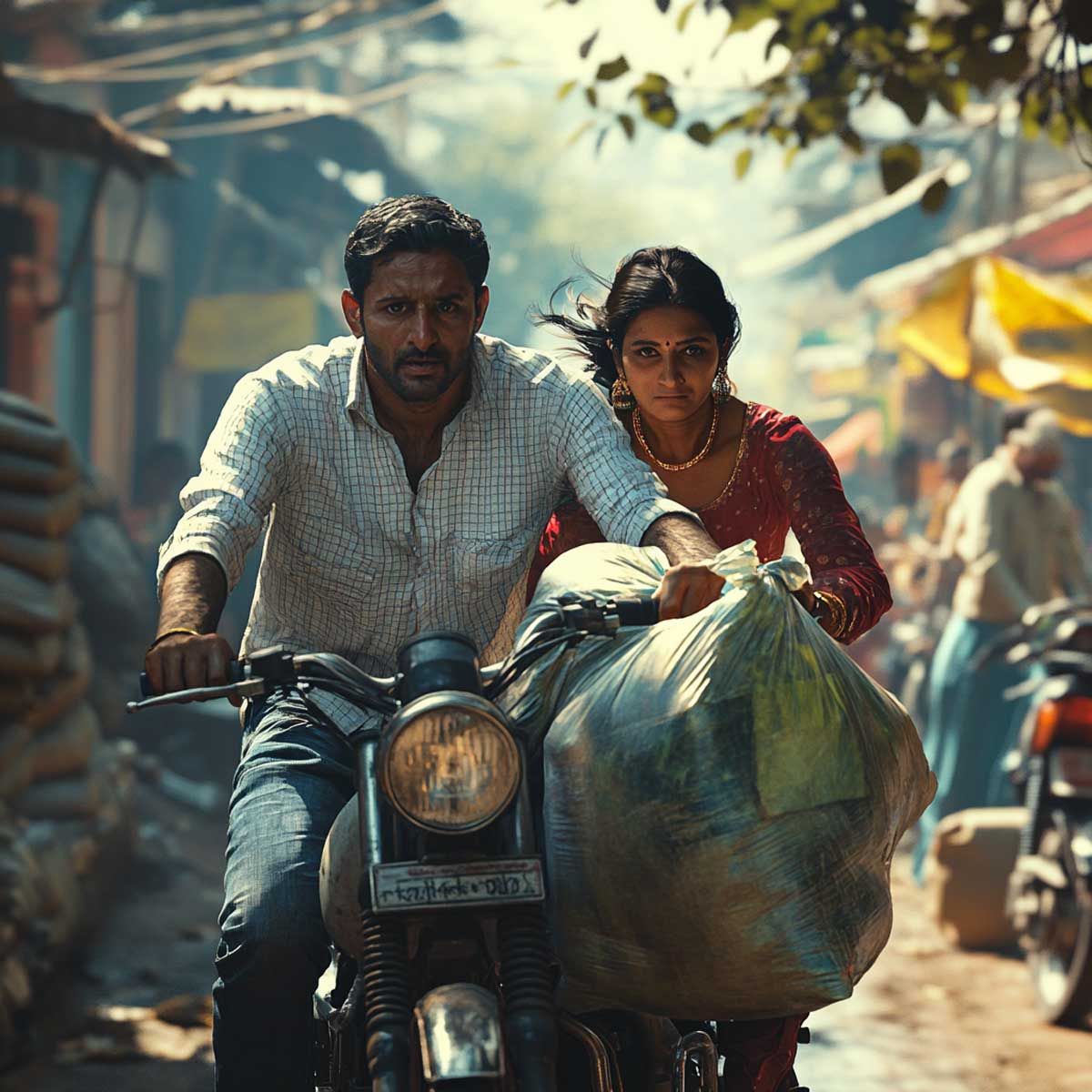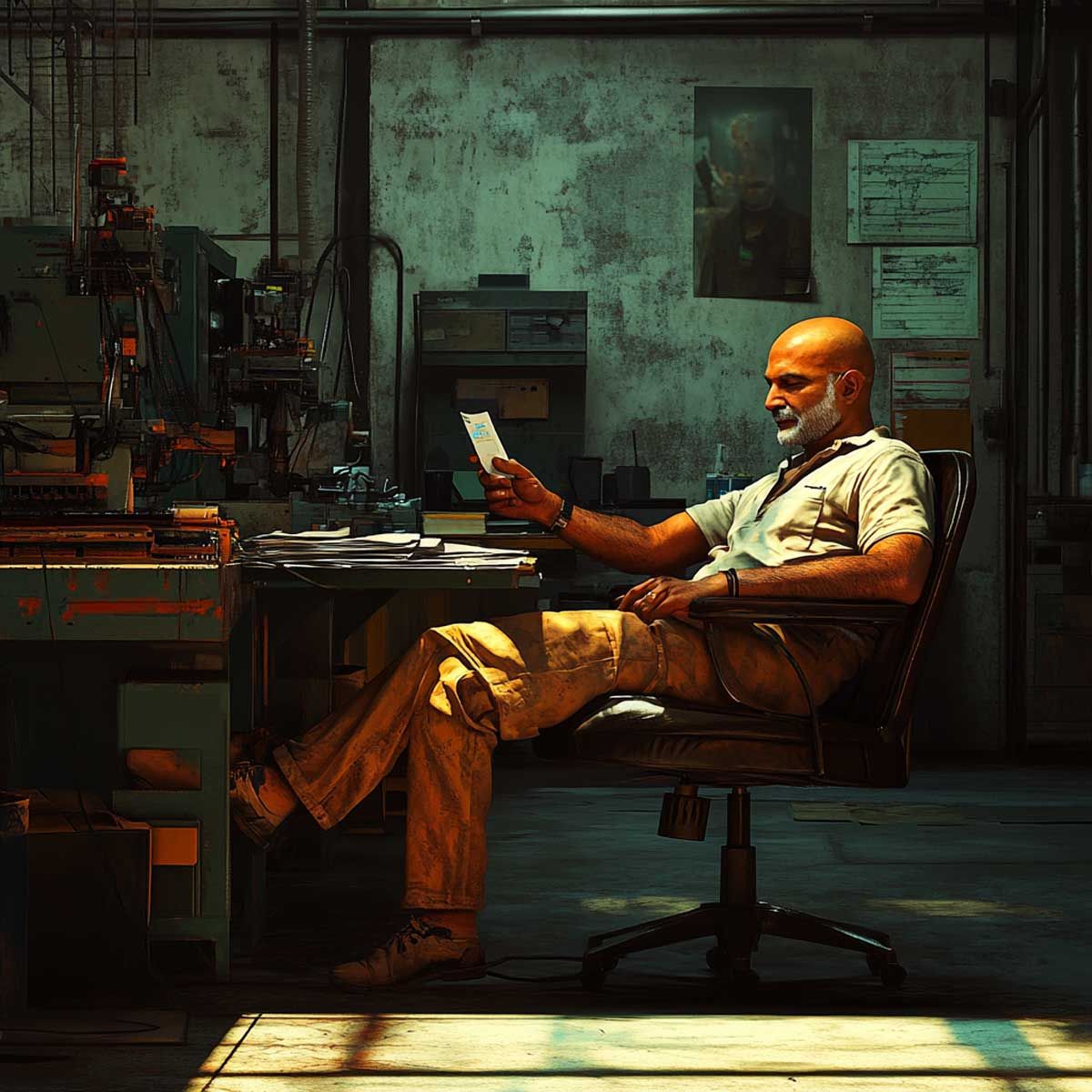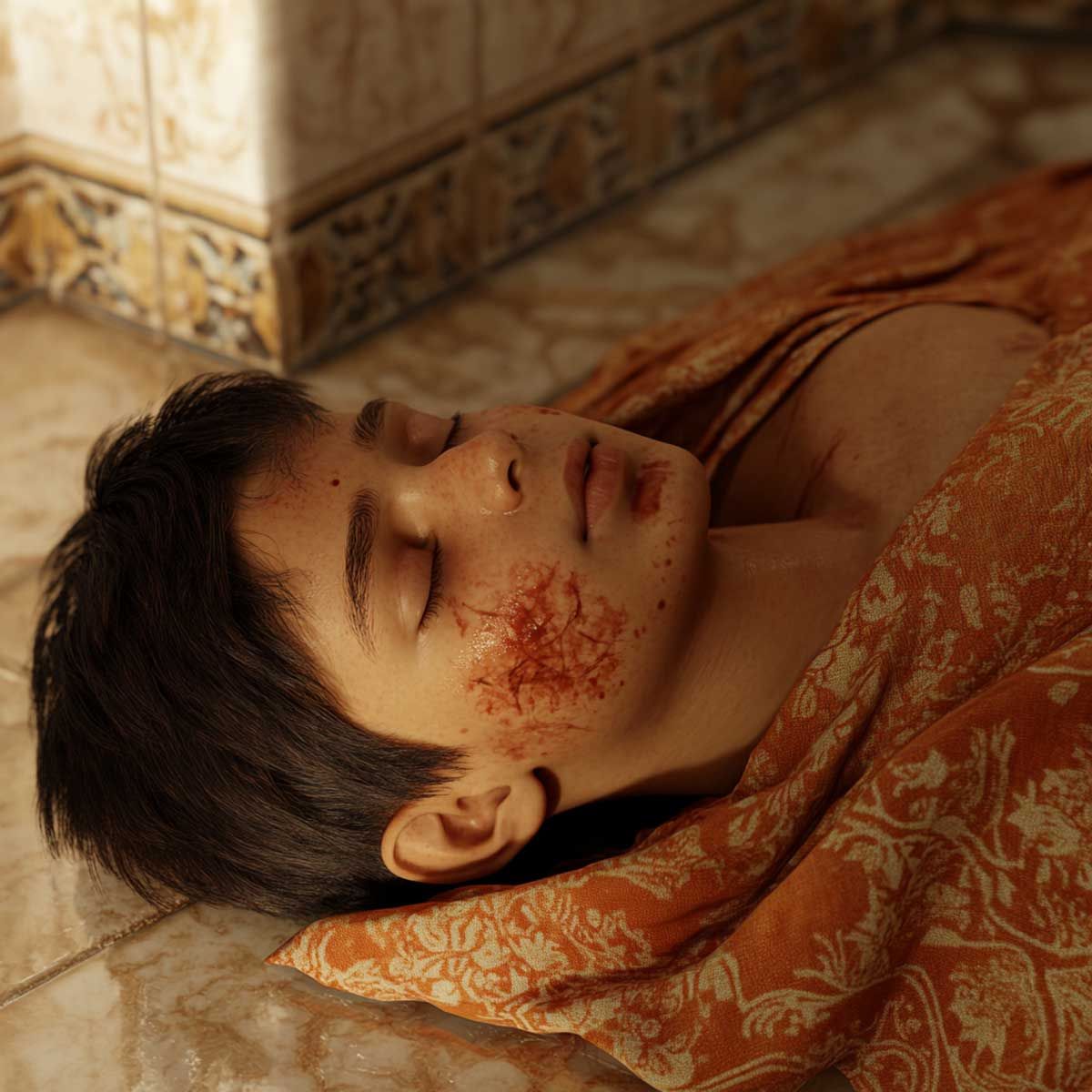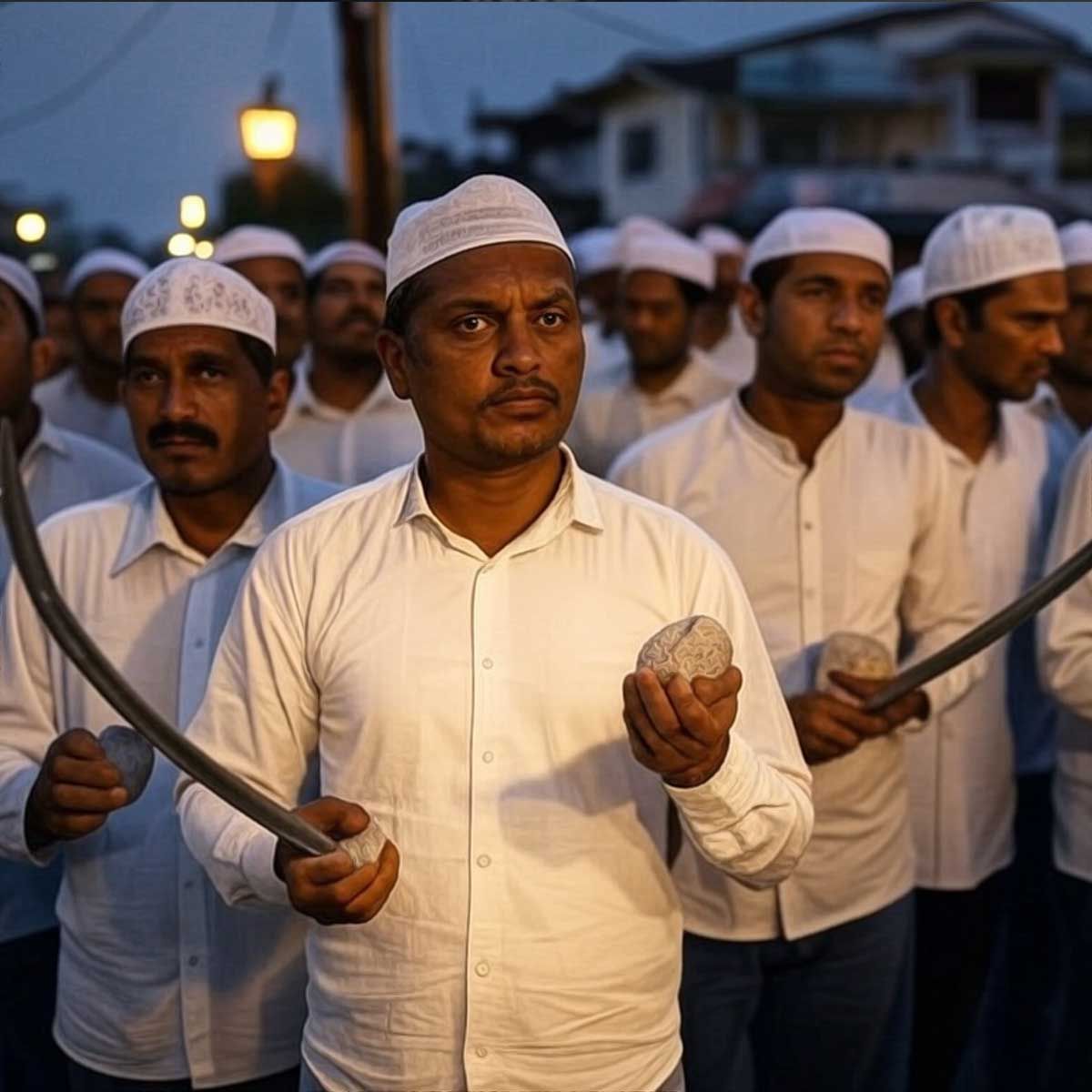More Coverage
Twitter Coverage
Satyaagrah
Written on
Satyaagrah
Written on
Satyaagrah
Written on
Satyaagrah
Written on
Satyaagrah
Written on
JOIN SATYAAGRAH SOCIAL MEDIA
"Action speaks louder than words": Amidst rising tension in Manipur, the Supreme Court steps in, forming an all-women judicial committee to ensure justice. While incidents in other states might be overlooked, Manipur won't be left in the shadows

On a rather eventful Monday, the Supreme Court, seemingly bursting with newfound concern, established a three-member, all-female judicial committee to scrutinize the probe carried out by the Central Bureau of Investigation (CBI) and the Manipur Police about the incidents of violence in Manipur. It's worth noting that while this sudden surge of judicial scrutiny targets Manipur, numerous similar incidents in states like Rajasthan, West Bengal, and Bihar have perhaps been conveniently overlooked.
|
Former Jammu and Kashmir High Court Chief Justice Gita Mittal has been given the helm of this committee. Joining her will be former judges Justices Shalini Joshi and Asha Menon. Their duties, rather comprehensive, will encompass inspecting the current investigations, recommending remedial actions, deciding compensation amounts, suggesting rehabilitation methods, and other related tasks. Sounds like quite the handful, doesn't it?
The bench, which consisted of Chief Justice of India (CJI) DY Chandrachud along with Justices JB Pardiwala and Manoj Misra, was quick to clarify a point. The committee, though powerful in its mandate, isn't in place to overshadow the CBI. Their objective is to ensure that the public's trust in the rule of law remains unshaken. They stated, "The broad goal is to restore faith in the rule of law." It's almost like having a watchdog for your watchdog.
Interestingly, the court decided to keep the trials in Manipur, turning down suggestions to move them to another state. At the same time, they were also keen to stress that this decision wasn't a reflection on the CBI's capabilities or credibility. They emphasized, "We're not sidelining the CBI; we're ensuring faith in the rule of law."
To add another layer to the probe, former Maharashtra DGP and NIA officer Dattatray Padsalgikar will also oversee the investigation. Both Padsalgikar and the committee are required to produce separate reports for the top court.
|
Further diving into the nitty-gritty of the investigation hierarchy, the court laid out an elaborate plan. For the CBI's probe, they proposed the inclusion of five officers (minimum rank of DySP) from various Hindi-speaking states. These officers will function under the administrative umbrella of the CBI and will have a joint director of CBI supervising them. As for the State's investigation, approximately 42 Special Investigation Teams (SITs) will be reviewing cases not given to the CBI. One inspector from outside Manipur will be present in each of these teams, ensuring an external perspective. Six DIG rank officers from outside Manipur will supervise these SITs.
Now, let's get to what triggered this. There were disturbing reports of violence in Manipur, including a harrowing video of two women from the Kuki-Zomi community being publicly humiliated and assaulted by a group of men. This incident, especially, sparked public outrage. The Central government initiated a probe through the CBI, while the aggrieved women approached the Supreme Court for a separate investigation.
The Supreme Court had already taken cognizance of the situation on its own after the video went viral. They criticized the state authorities and police for their evident lack of control over the law and order situation. The Court's discontentment with the state police's capabilities, especially in handling sexual offenses, was evident. As a result, the Director General of Police (DGP), Manipur, was asked to personally attend court proceedings.
Today's court session also saw various counsels making their submissions. The concerns ranged from biases in the selection and progress of cases to potential state involvement in crimes. Senior Advocate Colin Gonsalves stressed the importance of identifying the main instigators of the riots, saying, "Once the primary culprits are apprehended, the likelihood of further incidents will significantly diminish."
In wrapping up this tale of 'selective concern,' one can only hope that such commitment and urgency are consistently displayed for every state, not just the ones currently in the spotlight.
|
A Closer Look at the Committee
The leader of this three-person brigade is none other than the distinguished Justice Gita Mittal, formerly the Chief Justice of the Jammu and Kashmir High Court. She will be accompanied by the accomplished Justices Shalini Joshi and Asha Menon. And the cherry on top? The formidable Dattatray Padsalgikar will be the man ensuring the CBI keeps its investigation into these cases transparent and effective.
Justice Gita Mittal: A Beacon for Gender Justice | When you think about pioneers in the judicial world, Gita Mittal's name pops up. She etched her name in history by becoming the first-ever female Chief Justice of the Jammu and Kashmir High Court. This groundbreaking achievement wasn't her only one during her tenure, which drew to a close in December 2020. The monumental decision of the abrogation of Article 370 by the Central Government, ending Jammu and Kashmir's unique status, also occurred during her term. What makes her stand out is her trailblazing initiative to set up dedicated courtrooms, specially designed for vulnerable witnesses. This includes children who have been victims of sexual offenses. Recognizing her remarkable contributions in this domain, she was aptly honored with the Nari Shakti Puraskar by the Ministry of Women and Child Development.
Justice Shalini Joshi: A Defender of Women's Rights | Justice Joshi, having retired in February 2019, had a glittering stint in the Bombay High Court starting from 2015. This luminary is celebrated for her hands-on approach to significant cases, especially those involving crimes against women. A highlight of her career was when she found the three culprits in the Shakti Mills photojournalist gang-rape case guilty. Adding another feather to her cap, Justice Joshi has a PhD in laws focusing on child sexual abuse. Throughout her tenure, she also played a proactive role in educating judicial officers about gender-based offenses.
Justice Asha Menon: A Career Spanning Over Three Decades | Justice Menon's illustrious journey began as a District and Sessions Judge in south Delhi. Later, in May 2019, she was elevated to the esteemed position at the Delhi High Court, from where she retired in September 2022. Over her 33-year-long career, Justice Menon donned various pivotal judicial and administrative hats. Among her numerous achievements, her role as the Member Secretary of the National Legal Services Authority (NALSA) in 2012 stands out. It was under her leadership that NALSA passionately represented transgender individuals in the Supreme Court, resulting in the groundbreaking recognition of the third gender.
Dattatray Padsalgikar: The Police Veteran | Padsalgikar's resume is nothing short of impressive. A former IPS officer from the 1982 batch, he has spent a significant part of his career serving the Intelligence Bureau (IB). In 2016, Chief Minister Devendra Fadnavis acknowledged his expertise and appointed him the Mumbai Police Commissioner. Not one to rest on his laurels, Padsalgikar later took up the mantle of Director General of Police (DGP) of Maharashtra. Following his retirement in 2018, he was assigned as Deputy Lokayukta of the state and even held the important position of Deputy National Security Advisor (NSA). He's often remembered for his instrumental role in counter-terrorism strategies, especially his contributions in collating evidence against the culprits of the 26/11 Mumbai terror attacks. True to his forward-thinking nature, as the Mumbai Police Chief, he even greenlit a constable's innovative idea to modify police duty hours.
As the Manipur situation continues to unravel, this committee, handpicked by the Supreme Court, seems poised to address the situation with empathy, experience, and effectiveness. Only time will tell the impact of their collective efforts, but their track record promises a thorough and just approach to the ongoing crisis.
 Support Us
Support Us
Satyagraha was born from the heart of our land, with an undying aim to unveil the true essence of Bharat. It seeks to illuminate the hidden tales of our valiant freedom fighters and the rich chronicles that haven't yet sung their complete melody in the mainstream.
While platforms like NDTV and 'The Wire' effortlessly garner funds under the banner of safeguarding democracy, we at Satyagraha walk a different path. Our strength and resonance come from you. In this journey to weave a stronger Bharat, every little contribution amplifies our voice. Let's come together, contribute as you can, and champion the true spirit of our nation.
 |  |  |
| ICICI Bank of Satyaagrah | Razorpay Bank of Satyaagrah | PayPal Bank of Satyaagrah - For International Payments |
If all above doesn't work, then try the LINK below:
Please share the article on other platforms
DISCLAIMER: The author is solely responsible for the views expressed in this article. The author carries the responsibility for citing and/or licensing of images utilized within the text. The website also frequently uses non-commercial images for representational purposes only in line with the article. We are not responsible for the authenticity of such images. If some images have a copyright issue, we request the person/entity to contact us at This email address is being protected from spambots. You need JavaScript enabled to view it. and we will take the necessary actions to resolve the issue.
Related Articles
- Husband submitted that his wife living separately for 10 years, she implicated false 498-A IPC, in which he was acquitted, and prayed for divorce on ground of mental cruelty: Court concurred disputes not serious
- "Access is vital in lobbying. If you can't get in your door, you can't make your case": CJI Chandrachud removed justice MR Shah from the bench hearing forced conversion for not succumbing to lobby's pressure, was scheduled for Feb, now listed on Jan 16
- "Justice for sale, affordability varies": In an escalating controversy, Udhayanidhi Stalin's fierce criticisms of Sanatana Dharma lead to public uproar & legal petitions, Supreme Court denies expedited hearing, ‘Won’t allow it, follow standard procedures’
- “Man cannot be freed by the same injustice that enslaved it”: Supreme Court stays Uttarakhand High Court order on Haldwani eviction, and disapproved the manner in which eviction was sought to be carried out by the Indian Railways, urges rehabilitation
- "A benefit is estimated according to the mind of the giver": Supreme Court rewarded series of privileges to retired CJIs, most notable are entitlement to domestic help, chauffeur and secretarial assistant for life, commencing from their date of retirement
- "It is only the cynicism that is born of success that is penetrating and valid": A five-judge bench of the Supreme Court on Monday dismissed a petitions challenging the Central government's 2016 decision to demonetise currency notes of ₹1,000 and ₹500
- In another shocker, Supreme Court quotes 'every sinner has a future' and commutes death sentence of Mohd Firoz for rape & murder of 4-year-old girl: Child brutally assaulted, two teeth broken while smothering after rape
- Due to high public interest, the Law Commission has extended the Uniform Civil Code feedback deadline by two weeks, meanwhile, AIUDF leader Badruddin Ajmal misinterpreted the UCC, linking it to uniform attire and diet commenting 'sarees-for-all'
- In a court case involving rioting, arson, and vandalism during Patidar quota agitation, Gujarat Congress’ president Hardik Patel gets a stay from Supreme Court so he can contest elections: Patel was sentenced to two years in jail
- SC bench of Justices Chandrachud and AS Bopanna rules in favor of Muslim petitioner: “Don’t exclude non-Hindus from auction process for shop leases in temple”
- Supreme Court of India Justice Nagarathna ~ Hate Speech denies human beings the Right to Dignity, and a greater responsibility is cast upon public functionaries and celebrities against vitriolic statements owing to their position
- Uphaar Cinema fire was one of the worst fire tragedies in recent Indian history: Association of Victims of Uphaar Fire Tragedy (AVUT) filed a landmark case considered a breakthrough in civil compensation law in India
- Notice issued to Central govt on plea challenging the constitutional validity of Waqf Act 1995 by Delhi High Court: Ashwini Upadhyay filed the plea that Waqf Act is antithetical to Secularism in India
- Plea of MP Navneet Rana and husband MLA Ravi Rana to quash FIR for the gruesome and heinous crime of reciting Hanuman Chalisa outside Matoshree dismissed by Bombay HC: Justices stated that it was devoid of merit
- Supreme Court halts Jahangirpuri demolition of illegal encroachments of rioters by NDMC on priority by keeping aside 70,632 pending cases: PIL filed by Jamiat Ulama-I-Hind, Advocate Dushyant Dave, and Kapil Sibal















